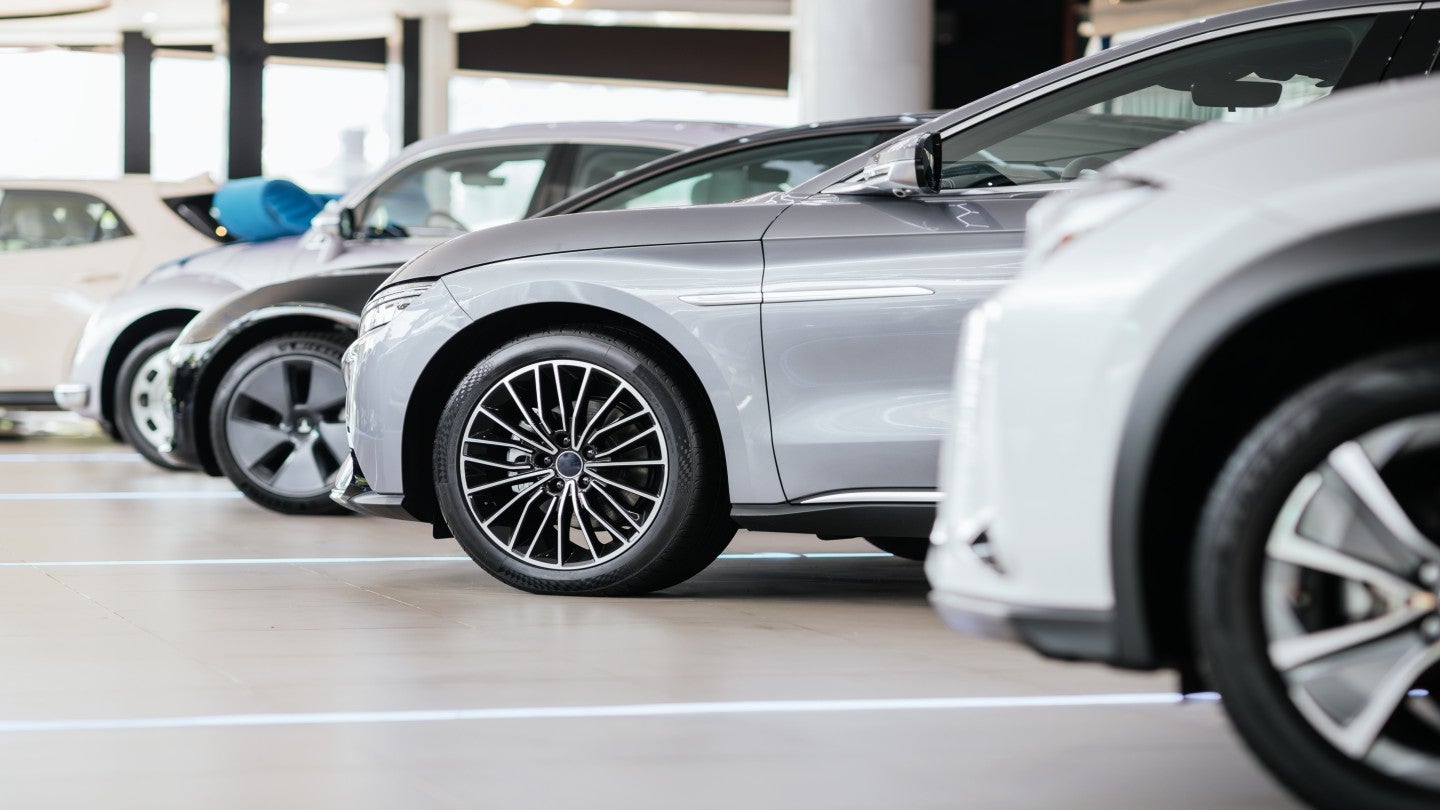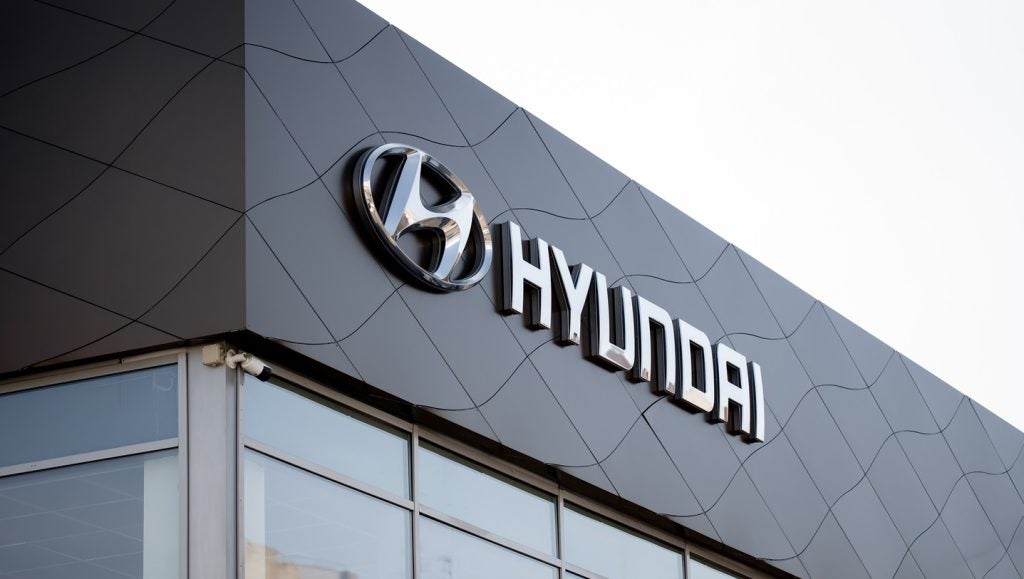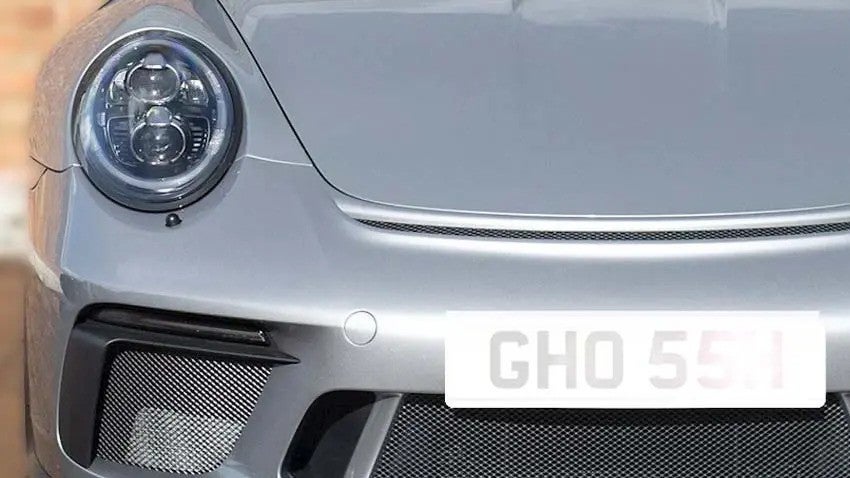
The new car market in the UK has witnessed a 2.5% increase, with 147,517 new cars hitting the roads last month, as reported by the Society of Motor Manufacturers and Traders (SMMT).
Marking a continuous growth trend over the past two years, this increase is the highest July figure since 2020, when post-lockdown dealership reopenings led to a spike in deliveries.
The fleet sector was solely responsible for July’s growth, with a 13.0% rise in registrations, claiming a 62.0% market share, SMMT said.
In contrast, private demand declined by 11.1%, now representing 36.2% of the month’s deliveries.
The decline in private demand is partly attributed to the increasing popularity of salary sacrifice schemes.
Electrified vehicles continued to outperform the overall market, with a 42% share of new car registrations in July.
Hybrid electric vehicles (HEVs) saw a 31.4% increase, securing a 14.5% market share while plug-in hybrids (PHEVs) grew by 12.4%, accounting for 8.9% of registrations.
Battery-electric vehicles (BEVs) also saw an 18.8% increase, leading to an 18.5% market share.
Despite a decrease in the private share of the BEV market, with only 17.2% going to private buyers compared to 20.3% last year, private BEV volumes did see a slight increase of 0.9%.
In the year to date, BEVs represent 16.8% of the new car market.
SMMT chief executive Mike Hawes said: “Two years of new car market growth against a backdrop of a turbulent economy is testament to the sector’s resilience and attractiveness of deals on offer. Weakening private retail demand, however, particularly for EVs and despite generous manufacturer discounts, is the over-riding concern.
“More people than ever are buying and driving EVs but we still need the pace of change to quicken, else UK’s climate change ambitions are threatened and manufacturers’ ability to hit regulated EV targets are at risk.”
In contrast, the UK’s light commercial vehicle (LCV) market experienced an 8.5% decline in July, with 24,689 units registered, according to SMMT’s latest figures.
This follows a strong July 2023, which capped a record-equalling 17 months of growth.
Despite the recent dip, the LCV market remains strong, with a 2.7% increase year to date, the best performance for the first seven months since 2019.
Most LCV segments saw reduced demand in July, with the largest vans decreasing by 12.0% to 16,814 units.
However, there was a notable increase in demand for the smallest vans, which more than doubled in registrations to 929 units.
Manufacturers continue to introduce new BEV models, with 28 now available in the UK, up from 25 last year.
Despite this, BEV registrations in the LCV market fell by 14.6% to 1,415 units in July.
Since January, BEVs have comprised 5.1% of all new vans, a decrease of 7% across the year.







